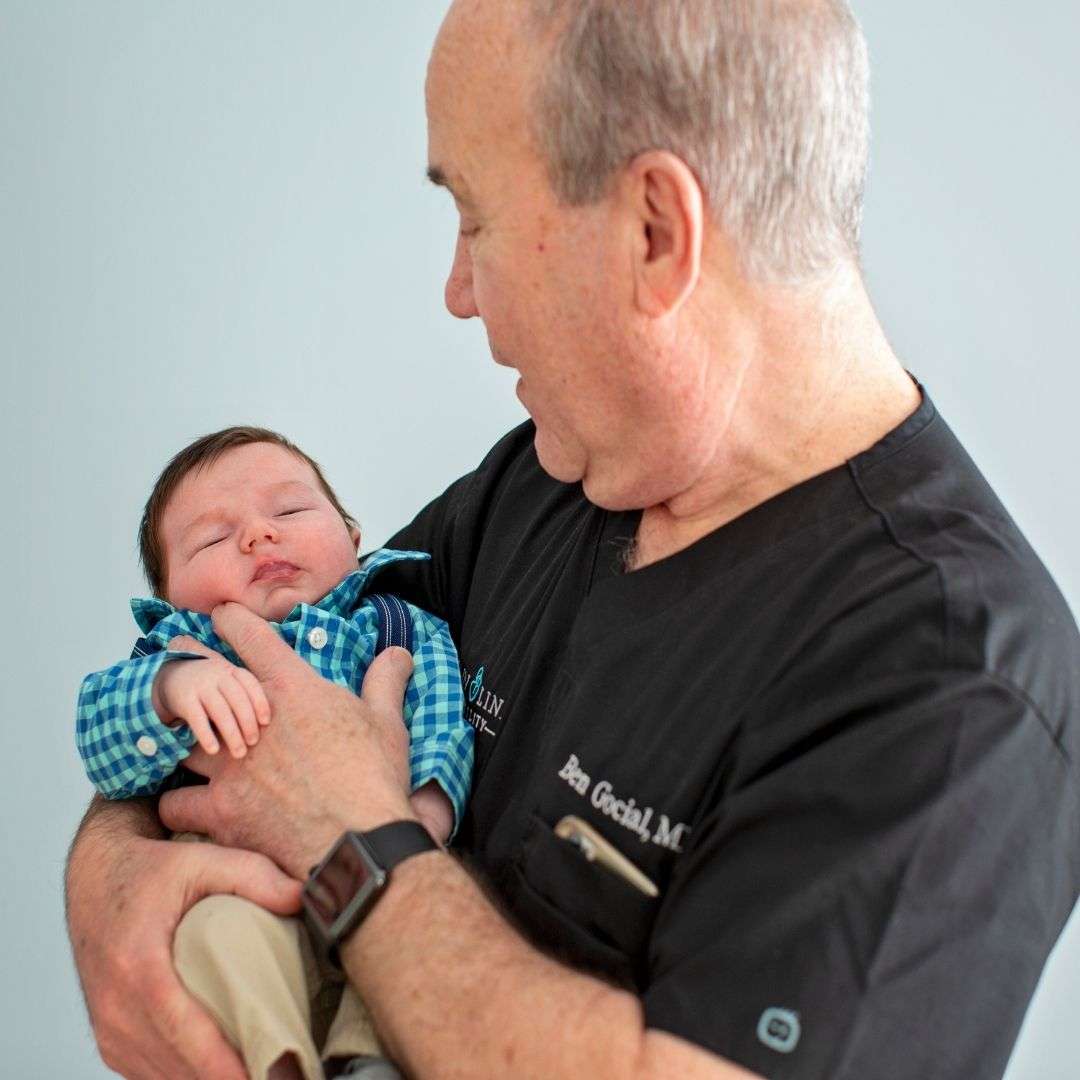What is recurrent pregnancy loss?
Infertility can be defined as the inability to conceive or sustain a pregnancy. If a pregnant person experiences two or more consecutive pregnancy losses before 20 weeks gestation, that is referred to as “recurrent pregnancy loss.” While many couples who experience recurrent pregnancy may not immediately consult with a Reproductive Endocrinologist, it may be important to address the underlying cause of the miscarriages. Roughly 1% of heterosexual, cisgender couples trying to have children are affected by recurrent miscarriage, but we don’t have excellent data on LGBTQ couples experiencing recurrent pregnancy loss. After three or more losses, a thorough evaluation is recommended by the American Society of Reproductive Medicine.
What causes recurrent pregnancy loss?
Unfortunately, the cause of recurrent pregnancy is often unknown. However, some common underlying causes are:
-
Uterine anomalies
-
Endocrine issues
-
Autoimmune diseases, such as antiphospholipid antibody syndrome
-
Environmental factors
What do we offer those experiencing recurrent pregnancy loss?
After two miscarriages, you may benefit from diagnostic testing to see if there is a medical reason for the miscarriages. Main Line Fertility is available to perform a range of tests on every aspect of the pregnancy, including the person attempting to conceive and carry the pregnancy, the person contributing sperm to the pregnancy, the sperm itself, any fetal tissue (if available/applicable), and more.
These tests may include:
-
Anatomical testing / sonography (ultrasound test or HSG / X-ray)
-
Testing for auto-immune disorders (in cases of 3 or more losses)
-
Testing for insulin resistance, diabetes, and other endocrinopathies related to the thyroid and pituitary glands
-
Chromosome testing of products of conception after losses (we can test fetal DNA from formalin fixed slides if you have miscarried)
-
Blood clotting studies (*only indicated with personal or close family history of venous thrombo-embolism)
-
Chromosome testing of parents looking for balanced translocations
Even after two miscarriages, there’s still a 65% chance your third pregnancy will result in a live birth. Effective testing can identify the root cause of recurrent pregnancy loss, and our providers may be able to address those challenges to prevent further losses and the ensuing emotional distress.


